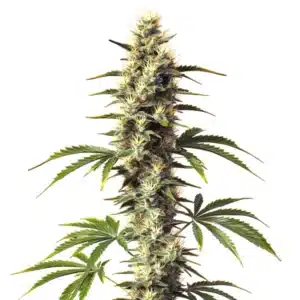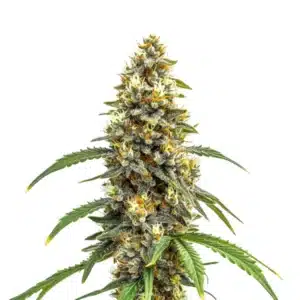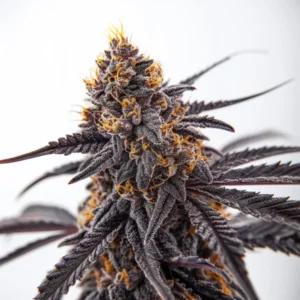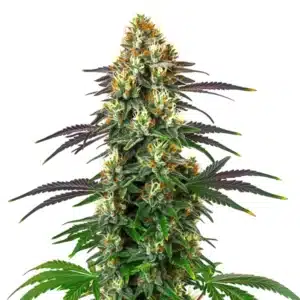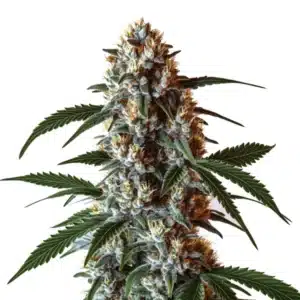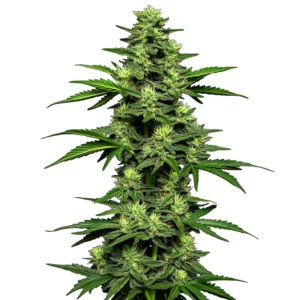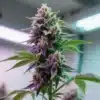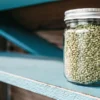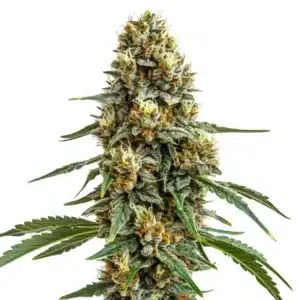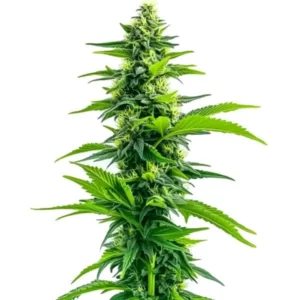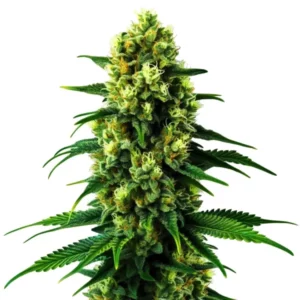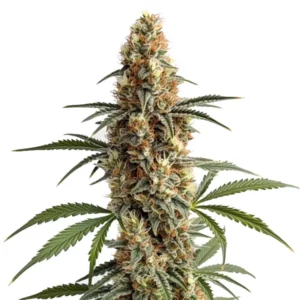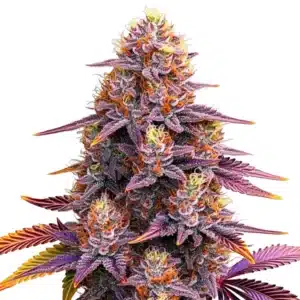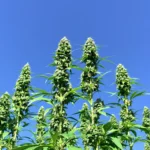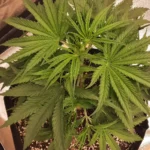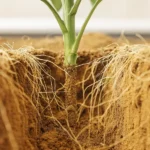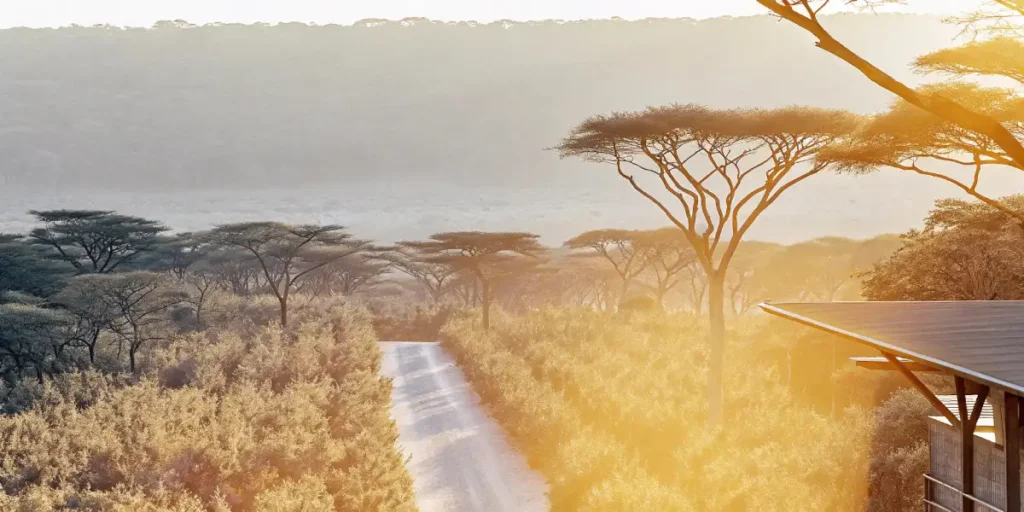
Beyond the Hype: Tapping into the True African Roots of Your Cannabis
Let’s talk roots. No, I mean REAL roots. The kind of history that runs so deep it changes how you see the plant you so carefully cultivate in your own space. Before cannabis ever touched European soil, it was already thriving under the African sun. That’s not just trivia, my friend. That’s the foundation. The very bedrock of it all.
Forget what you think you know. We’re going on a journey to the heart of it all, because understanding where your cannabis comes from makes you a better grower. A more connected one. Believe me. Africa’s incredible diversity of climates didn’t just grow cannabis; it forged unique, powerful, and resilient genetics. It created legends. When you nurture a plant with these genetics, you’re not just growing a plant. You are preserving a legacy.
Recommended Strains
CBD Supreme Durban
|
|
CBD | 6% – 8% (Low) |
|
|
Type | CBD Feminized |
|
|
Yield | Medium |
|
|
Phenotype | 25% Indica / 75% Sativa |
Carmen x Durban Poison
|
|
THC | 17% - 20% (Medium) |
|
|
Type | Feminized |
|
|
Yield | Medium |
|
|
Phenotype | 40% Indica / 60% Sativa |
More Than Just a Plant: A Pillar of Community
This wasn’t just something to be smoked. Far from it. For countless generations, ancient cannabis was the cornerstone of the community. It was the medicine cabinet, the spiritual guide, and a vital economic tool, all rolled into one.
Think about it. Traditional healers used it for everything from easing pain to settling a bad stomach. Why? Because they understood the plant’s power. They had an intimate relationship with it, a knowledge passed down through generations. It was the original organic medicine, grown right from their own soil. In some communities, it was used in ceremonies to connect with the spiritual world, a bridge between the physical and the ancestral. It was a tool for social bonding, a reason for the community to come together, share stories, and strengthen their ties. It brought people together. That simple.
And it was practical, too. We’re talking about a plant with immense versatility. While the ancient Egyptians were masters of papyrus for paper, other African societies were using tough hemp fibers from cannabis to repair ropes and sails for their ships. This plant was woven into the very fabric of daily life and commerce, a true testament to its importance.
Promos & Deals
The Living Legacy in Your Grow Room
So, how does all this ancient history impact you, the modern, homegrown cultivator? It’s simple: you can see it, smell it, and feel it in the legendary strains that come from this incredible continent. The influence of African cannabis is GLOBAL.
Ever grown Durban Poison? That rocket-fuel Sativa with the sweet, hazy aroma that gets your mind racing with creative energy? That’s a pure expression of its South African origins. Its genetics are so prized they’ve been used to innovate and breed countless famous hybrids you probably know and love. It’s a living piece of history. A direct line to the past.
These plants had to be tough to survive. They adapted. They evolved. And they became some of the most potent and genetically pure strains on the planet. When you cultivate a true black African strain, you’re working with a plant that has been perfected by nature over millennia. You’re tapping into the real roots of the weed and cannabis world as we know it. It’s an honor, really.
So when you decide what to grow next, think about this story. Think about the resilience, the history, and the pure, unadulterated power these genetics hold. To cultivate them is to inspire a deeper connection with the plant and to help ensure these foundational strains continue to thrive.
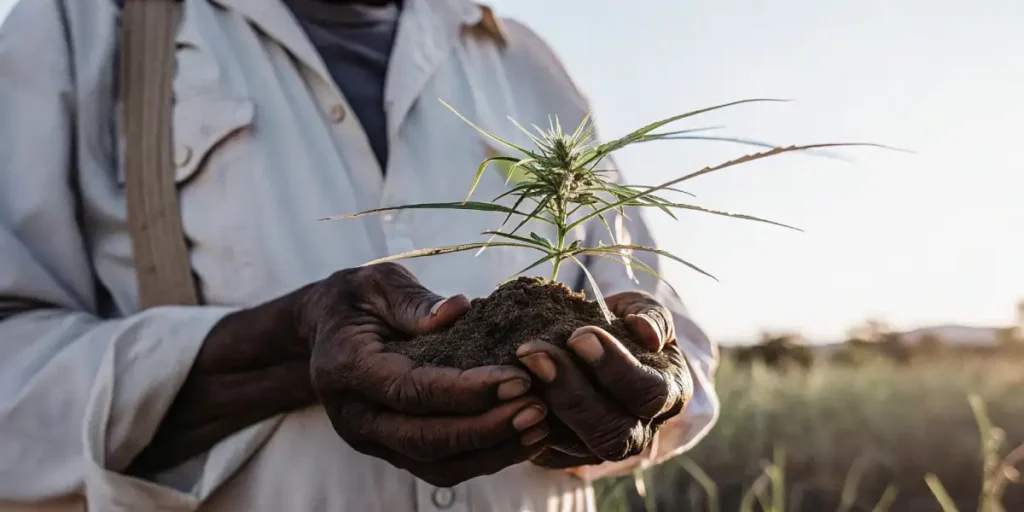
FAQs
Why are African cannabis strains so special for a grower?
Listen, it comes down to genetics forged in fire. These aren’t delicate, coddled plants. They are survivors. African landrace strains adapted over thousands of years to intense sun, diverse climates, and local pests. What that means for you is a robust, resilient plant that often has incredible natural pest resistance and a unique terpene profile you just won’t find anywhere else. Growing them is like taking a masterclass in cannabis history.
How does the African climate really affect the cannabis?
It’s all about the sun and the diversity. The long, consistent daylight hours near the equator are like a natural superpower for Sativas, letting them grow into the towering, resin-drenched giants they are. But Africa isn’t one single climate. From humid coasts to dry, hot plains, the variety forced cannabis to become incredibly adaptable. This created a rich genetic library with a massive range of effects, flavors, and growing characteristics.
I see people searching for ‘African weed’ online. What are they really looking for?
Great question. Usually, when people use a term like ‘African weed,’ they’re searching for the soul of the plant, the legendary landrace strains we’ve been talking about. They’re looking for Durban Poison, Malawi Gold, Kilimanjaro, and Rooibaard. These are the foundational pillars of the Sativa world, the pure genetics that breeders and connoisseurs seek out for their unique, powerful, and clean effects. They’re looking for an authentic cannabis experience.
What are the biggest challenges facing cannabis cultivation in Africa today?
Honestly, it’s the usual suspect, my friend: outdated laws and stigma. Despite this incredibly rich history, many regions are hampered by legal restrictions that prevent local growers from stepping onto the global stage and benefiting from their own heritage. Access to the modern market is a huge hurdle. The good news? The conversation is changing. As we educate the world about the true roots of cannabis, we can help support a move towards a legal, sustainable industry that honors and empowers its original cultivators.
What kind of effects can I expect from a pure African Sativa?
Get ready for takeoff. Generally, you’re looking at a very cerebral, energetic, and uplifting high. These aren’t your couch-lock strains. Think clear-headed focus, waves of euphoria, and a major boost in creativity. They’re perfect for daytime use, for getting things done, or for a great, deep conversation with friends. They deliver a powerful experience, so always start slow. Respect the history!


